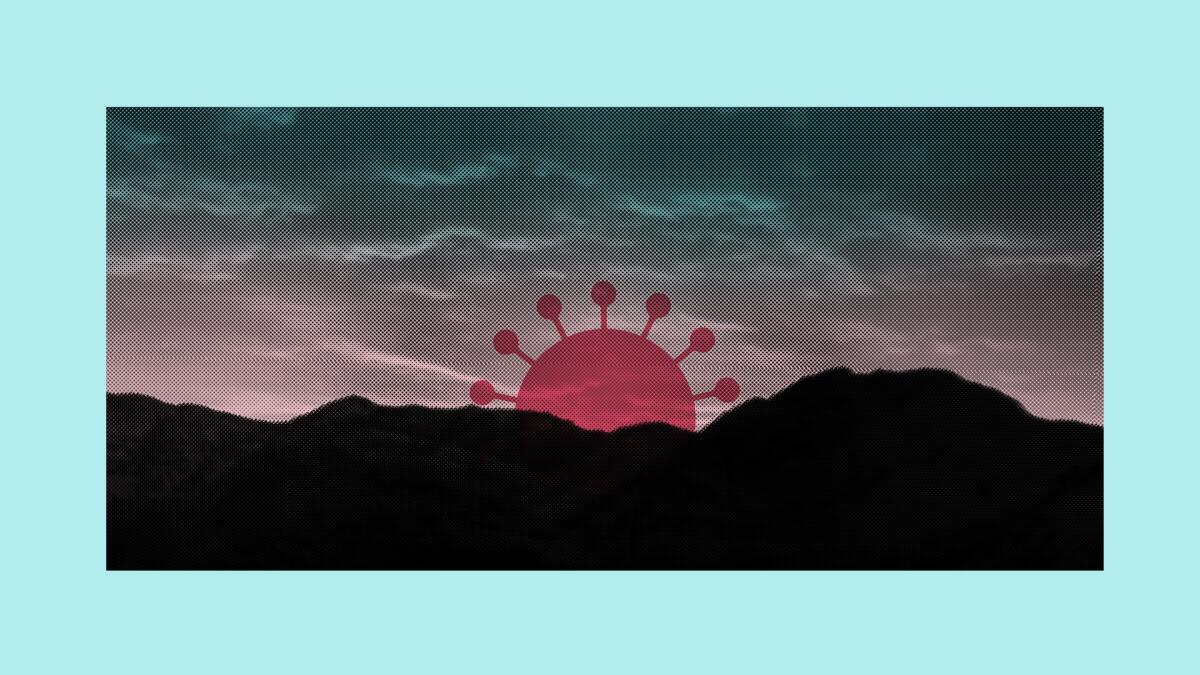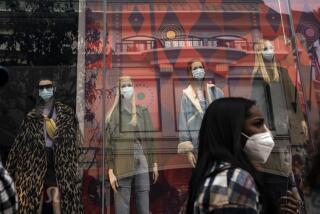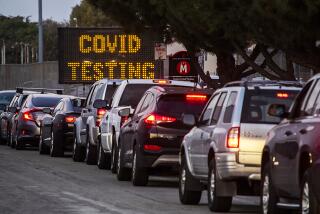How will the world decide when the COVID-19 pandemic is over?

- Share via
How will the world decide when the COVID-19 pandemic is over?
There’s no clear-cut definition for when a pandemic starts and ends, and the threat posed by a global outbreak can vary from country to country.
“It’s somewhat a subjective judgment because it’s not just about the number of cases. It’s about severity and it’s about impact,” said Dr. Michael Ryan, executive director of the World Health Organization’s Health Emergencies Program.
In January 2020, the WHO designated the coronavirus a global health crisis “of international concern.” By March, the United Nations health agency described the outbreak as a “pandemic,” reflecting that the virus had spread to nearly every continent and that numerous other health officials were saying it could be described as such.
Viruses are not as smart as humans, but they are much more patient. And the coronavirus’ track record suggests it won’t simply burn itself out.
The pandemic may be widely considered over when the WHO decides the virus is no longer an emergency of international concern, a designation its expert committee has been reassessing every three months. But when the most acute phases of the crisis ease within countries could vary.
“There is not going to be one day when someone says, ‘OK, the pandemic is over,’” said Dr. Chris Woods, an infectious-disease expert at Duke University. Although there’s no universally agreed-upon criteria, he said countries will likely look for sustained reduction in cases over time.
Scientists expect COVID-19 will eventually settle into becoming a more predictable virus like the flu, meaning it will cause seasonal outbreaks but not the huge surges we’re seeing now. But even then, some habits, such as wearing masks in public places, might continue, Woods said.
“Even after the pandemic ends, COVID will still be with us,” he said.







